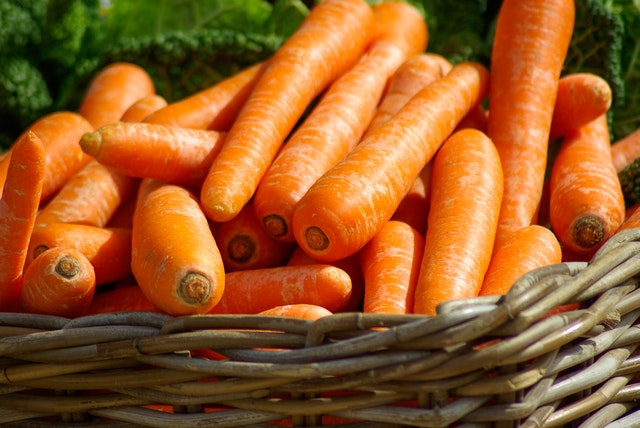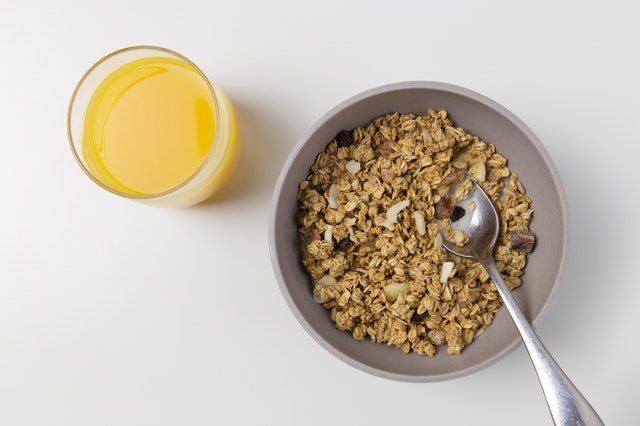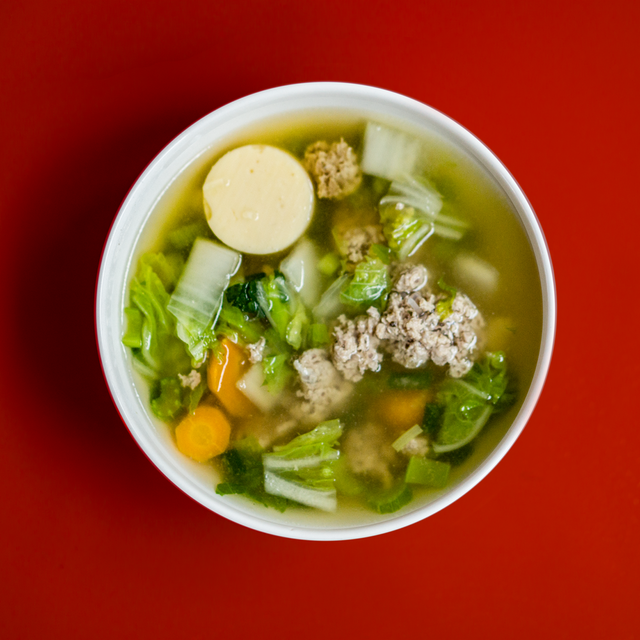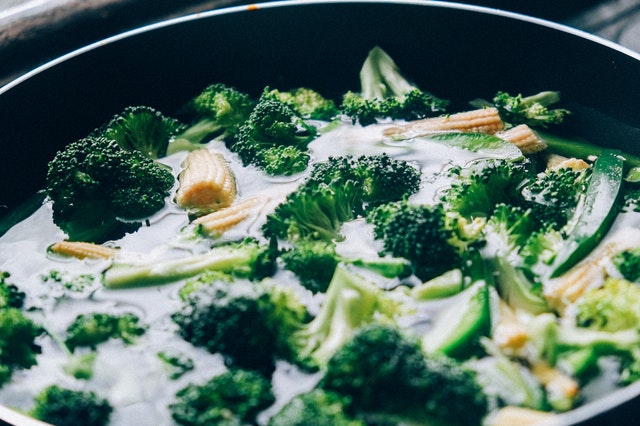How to Breast Feed a Baby

Mother’s milk is perfect and uniquely made for the growing baby’s needs. Giving Mothers milk makes a big difference to both baby and mothers health.
Good for the mother:
- Helps womb (uterus) come back normal size and reduces bleeding.
- It naturally uses up about 500 extra calories a day so mums who breast-feed often find it easier to lose their pregnancy weight.
- It reduces the risk of breast and ovarian cancer.
- Breast-feeding acts as a natural family planning method.
- It saves money – formula feeding can cost.
Good for the baby:
- All Nutrients required for the first six months, Easy digestion.
- Helps baby pass motion easily.
- Provides immunity.
- Readily available, usually sterile. No danger of allergy
- More convenient, requiring no preparation and costs nothing.
- Reduces chances of getting some illnesses later in life .
- Make you closer with your baby.
- Formula milk is made from cow’s milk and other ingredients: So does not help protect baby from illness and diseases.
First Feed:
- A healthy baby has put to the breast half an hr to 1 hr following normal delivery.
- Following caesarean delivery, a period of 2 to 3 hrs may be sufficient for the mother to breast feed the baby.
Getting ready for Feeding:
- You should clean the nipples and breast with cotton soaked in warm water.
- Wash your hands prior to breast-feeding.
- You and baby should be in a comfortable position during breast-feeding.
What can provide comfortable environment during feed?
- You can sit on a chair or bed with back supported so that you will feels comfortable.
- You could raise the feet or knees, if you needs to but should not bend over the baby.
How you should hold the baby?
- Wrap the baby in a wrapper.
- Support the neck, shoulders and back.
- You should hold the baby close to you.
- He should be able to tilt his head back easily.
- Make sure baby’s head and body in a straight line.
- If not, the baby might not be able to swallow easily.
- Hold the baby’s whole body closes with his nose level with the nipple.
- Baby needs to get a big mouthful of breast from underneath the nipple.
- Placing your baby with his nose level with your nipple will allow him to reach up and attach to the breast well.
- Let the baby’s head tip back a little so that his top lip can brush against your nipple. This should help the baby to make a wide-open mouth.
- When the baby’s mouth opens wide, his chin is able to touch the breast first, with his head tipped back so that his tongue can reach as much breast as possible.
- With his chin firmly touching and his nose clear, his mouth is wide open and there will be much more of the darker skin visible above the top lip than below his bottom lip. The baby’s cheeks will look full and rounded as they feed.
Nipple feeding is wrong:
- When the baby isn’t correctly attached and just sucks the nipple, you feel feeding is painful, the nipples can get damaged, and the baby won’t be able to get enough milk.
- Baby will not be satisfied
- Milk production reduces
- Cracked nipples may happen.
- If baby is not attached correctly, stop avoids pulling him off your breast. Instead, break the attachment by inserting your little finger into the corner of her mouth, between her gums. Gently take her off the breast. Then make the latching perfect and start feeding.
How to make the baby burp
- When babies suckle they swallow air, which can make them uncomfortable.
- Burping is a process by which you can help a baby bring this air up and feel comfortable.
- First spread a cloth (burp cloth) on your shoulder
- Hold the baby on your shoulder or chest and rub its back
- You can also or rub baby’s back while the baby sits or lies on your lap.
- These positions will also help comfort a restless baby or a baby that cries more than usual.
Usually you will hear a burp noise.It is normal for babies to bring up some fluids when they burp.
If you put the baby to sleep without burping they may vomit and that may enter the lungs causing difficulty in breathing.
To read more on Baby care, click on the link below,









